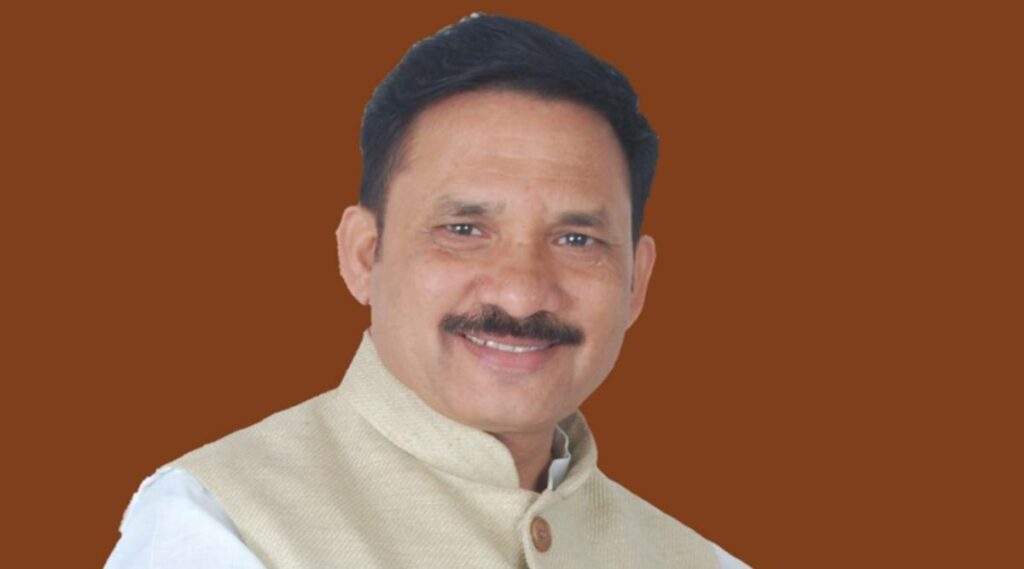NEW DELHI, Aug 5: Amid the Opposition’s demand for a discussion on the alleged surveillance with Israeli spyware Pegasus, the government said in Rajya Sabha on Thursday that it had no such details about the number of telephones intercepted in the last five years since “the records pertaining to lawful interception are destroyed regularly.”
Rajya Sabha MP John Brittas, who has also moved the Supreme Court on the snooping issue, had asked the ministry for information about the “number of persons whose telephones were intercepted from 2016 till today.”
Brittas asked the government whether the Indian Telegraph Act “facilitated the telephone interception of individuals by the government” and in case it was so, he sought the “year-wise details” about these interception attempts by the government.
Responding to Brittas, minister of state for communications Devusinh Chauhan said “such records are not maintained” by the government as they are “destroyed regularly” as required by the law.
“As informed by Ministry of Home Affairs (MHA), the records pertaining to lawful interception are destroyed regularly as per provisions contained in Sub-rule 18 of Rule 419A of the Indian Telegraph (1st Amendment of 2014) Rules, 2014 and Sub-rule 23 of Information Technology (Procedure and Safeguards for Interception, Monitoring, and Decryption of Information) Rules, 2009. Such records are not being maintained by MHA,” the minister said.
Gazette of India notification dated February 4, 2014 also suggests an amendment to the Indian Telegraph Act. Sub-rule 14 under the above mentioned notification says, “records pertaining to such directions for interception and of intercepted messages shall be destroyed by the relevant competent authority and the authorised security and law enforcement Agencies, every six months unless these are, or likely to be, required for the functional requirement.”
Meanwhile, minister Chauhan added there were provisions for the government as per Indian Telegraph Act’s Section 5(2) and Information Technology Act’s Section 69 to intercept phones “lawfully.”
“As per both these Rules, for approving interception, Union Home Secretary is the Competent Authority in case of Central Government and Secretary in charge of Home Department in case of States/UTs,” the minister added.
The Opposition has been demanding a clarification from the government on the allegations of surveillance. The government earlier responded by saying that the Opposition was making “an issue out of a non-issue” and not allowing Parliament to function.
The government has neither confirmed nor denied whether it has purchased the spyware. NSO Group has on multiple occasions said it offered services only to vetted government clients. The company has disputed the leaked list of numbers as those targeted by its clients.
The list database was first obtained by France-based non-profit Forbidden Stories, which shared the information with the reporting partners. The devices of at least 67 of the numbers were analysed by Amnesty International and of these, 37 had signs of being hacked by Pegasus. Of these 37, 10 were in India.
To be sure, as the methodology of the investigation explains, the presence of a number does not indicate the individual’s phone was hacked — just that it was of interest.
(Manas Dasgupta)

